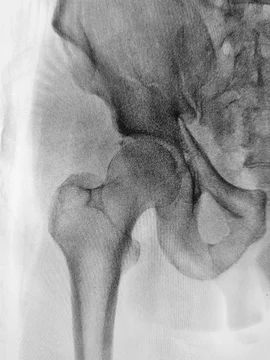
We've talked before about MILs that are really stealth summary judgment motions, but now let's talk about MILs that are stealth Daubert motions and stealth motions to strike!
On Friday, Judge Burke denied a motion in limine to preclude the testimony, holding that it was really a Daubert motion, and the party had waived it by failing to present it by the deadline for Daubert motions:
ORAL ORDER: The Court . . . hereby DENIES [Defendants' Motion in Limine No. 1] for the following reasons: (1) [T]he Scheduling Order in this case provided that "[n]o Daubert motions or motions to strike expert testimony shall be filed unless discussed with the [C]ourt at [the status conference …








